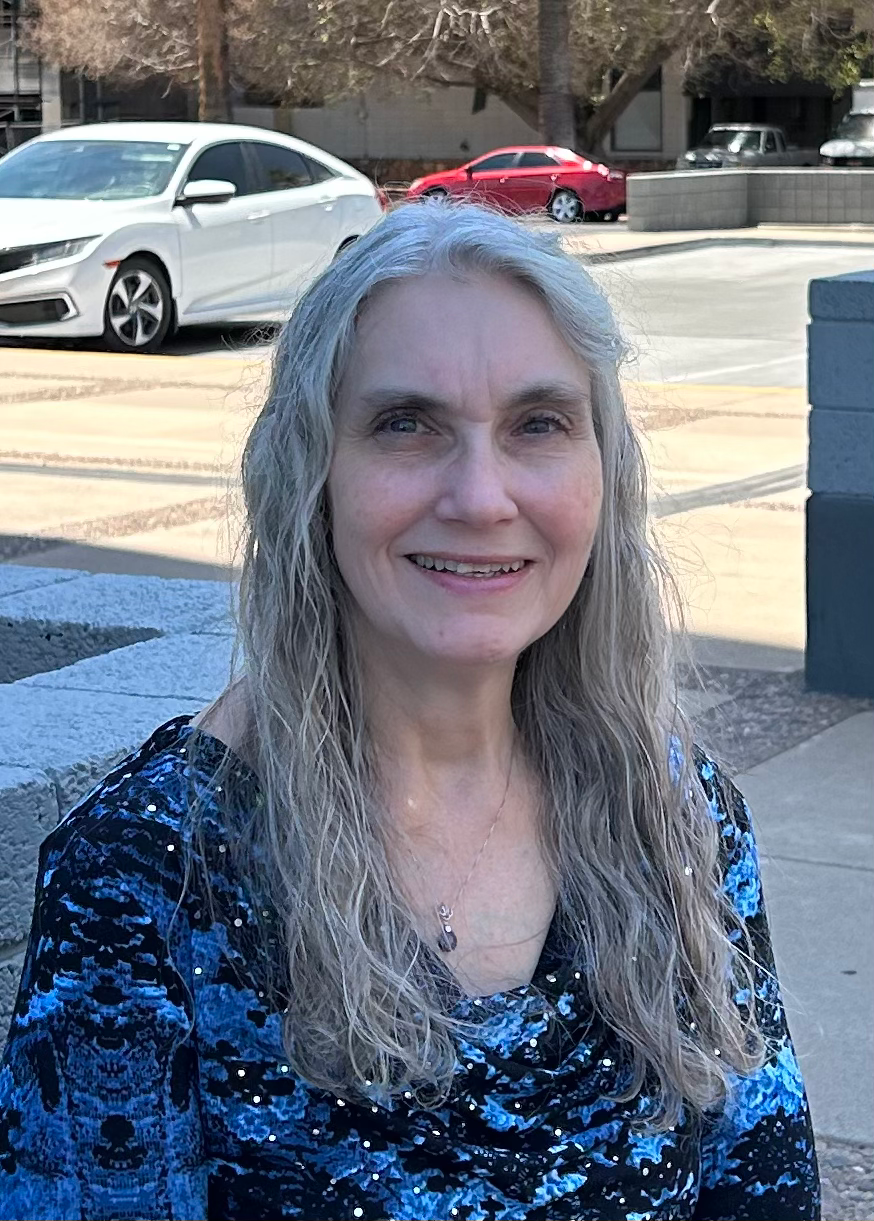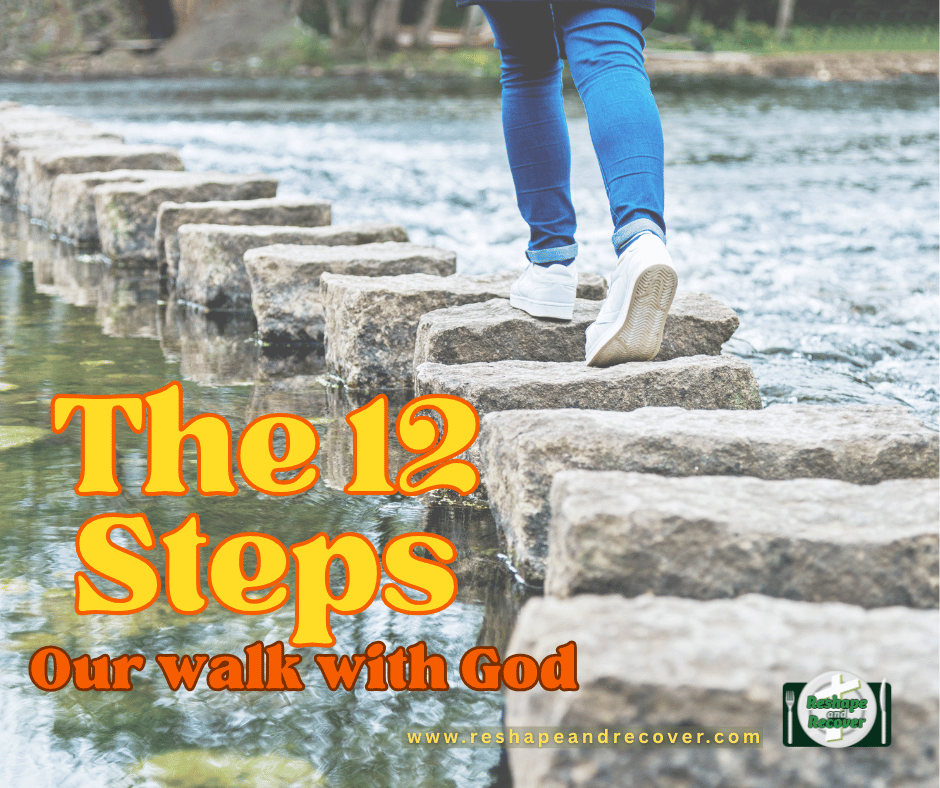Step Nine: Finding Freedom Through Amends
- Julie Kleinhans

- Jul 19, 2025
- 2 min read

“We are here to serve God and our fellows. More than just our words, we can show others we have changed by our actions.”— Julie Kleinhans, 12 Steps to Recovery from Overeating
Step Nine often brings a lump to the throat. Facing people we’ve hurt — or who have hurt us — takes courage. But it’s also where we find some of the deepest freedom and healing in recovery.
Making amends is more than just saying "I’m sorry." It’s about taking responsibility for our past actions — without excuse, without blame — and doing what we can to make things right. Even if the relationship can’t be restored, our hearts can be.
We don’t take this step alone. Before making amends, we pray. We seek God’s guidance. We talk to trusted friends or mentors. We prepare our hearts to offer peace without expecting a particular outcome.
Sometimes, we need to make “living amends” — changing our behavior going forward because a direct apology would cause more harm than good. Other times, we humbly apologize for our part, even when the other person contributed to the conflict.
The result? A heart that is lighter. Shame that begins to lift. Obsession that loses its grip. We start to walk in more honesty and peace.
As I write in my book: “All we have to do is make amends with those we have harmed, and we receive all those promises... This is where the obsession is lifted, and we recover from our compulsive eating.”
Step Nine isn't easy. But it is worth it — not just for our recovery, but for our relationships, our walk with God, and our future.
💬 If you’re walking through the steps and need help figuring out how to move forward with your amends, I’d love to support you. Send me a message or fill out the contact form here: reshapeandrecover.com/contactus












Comments